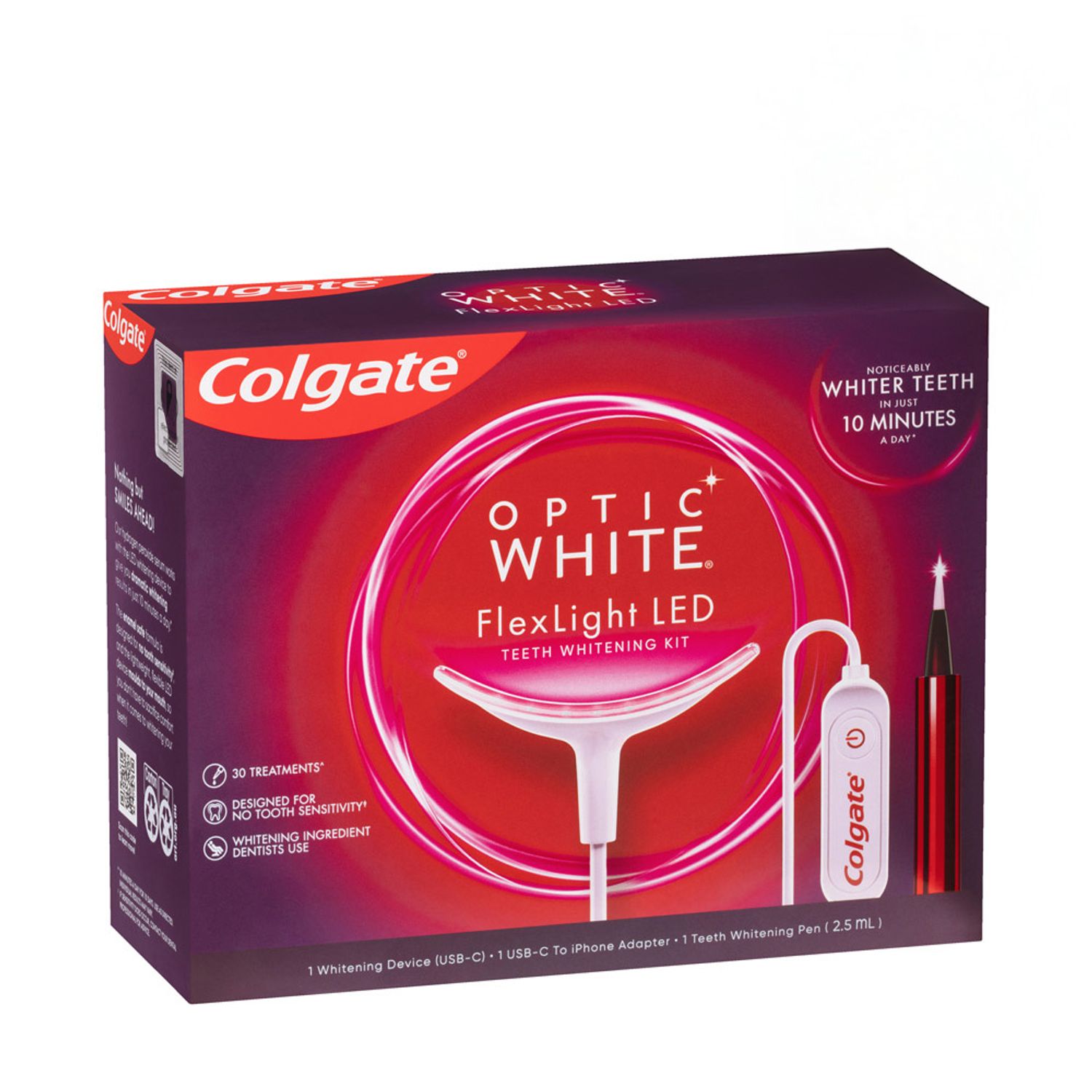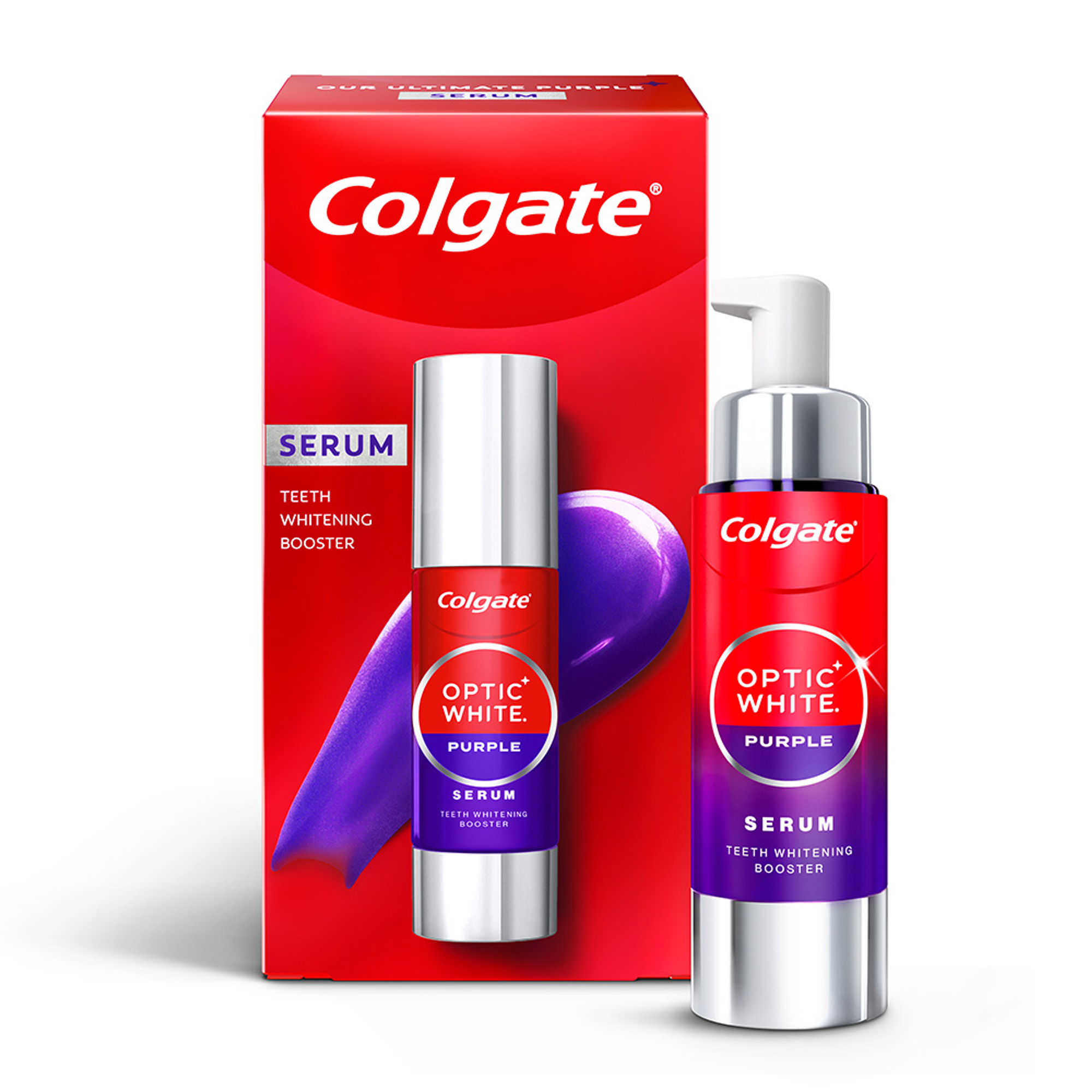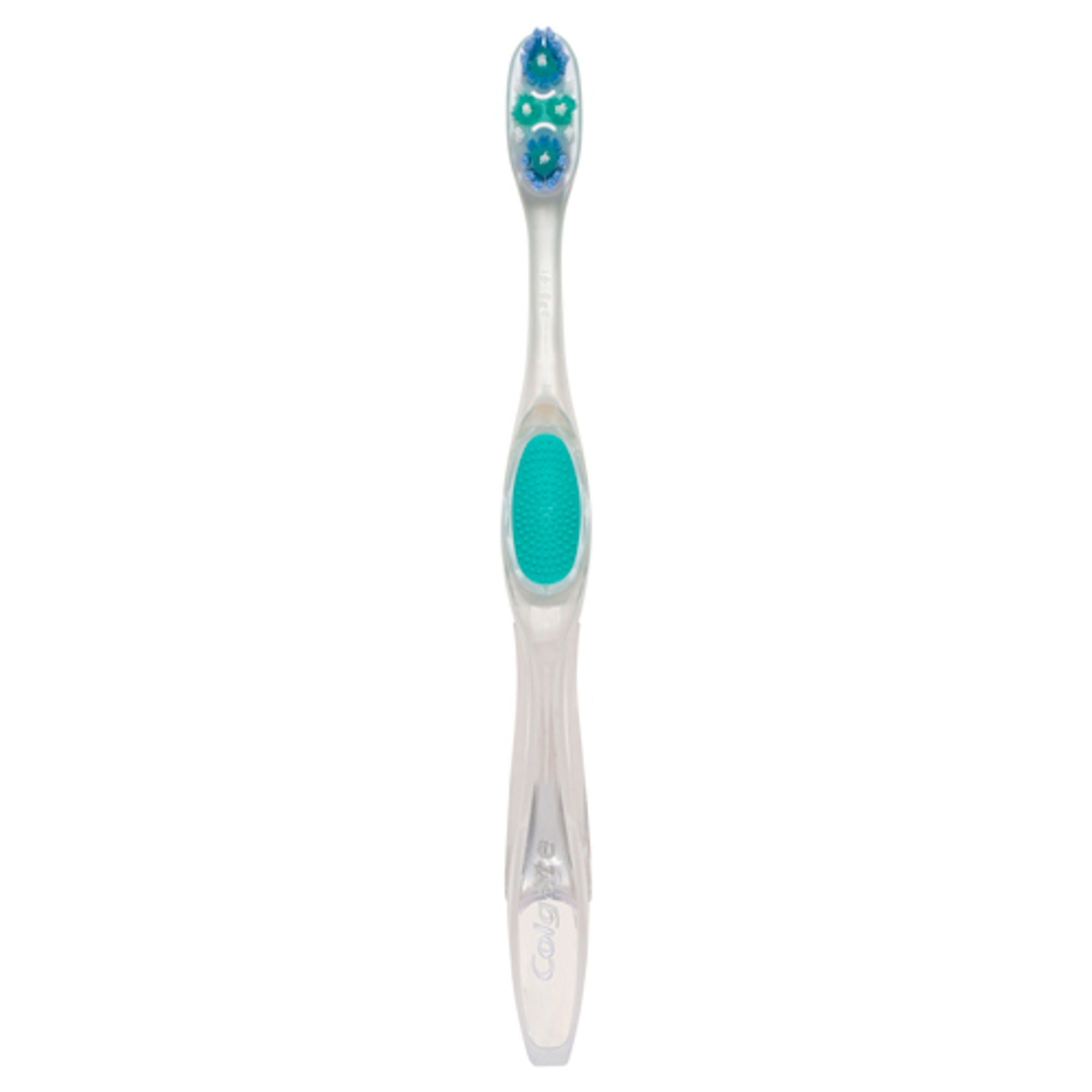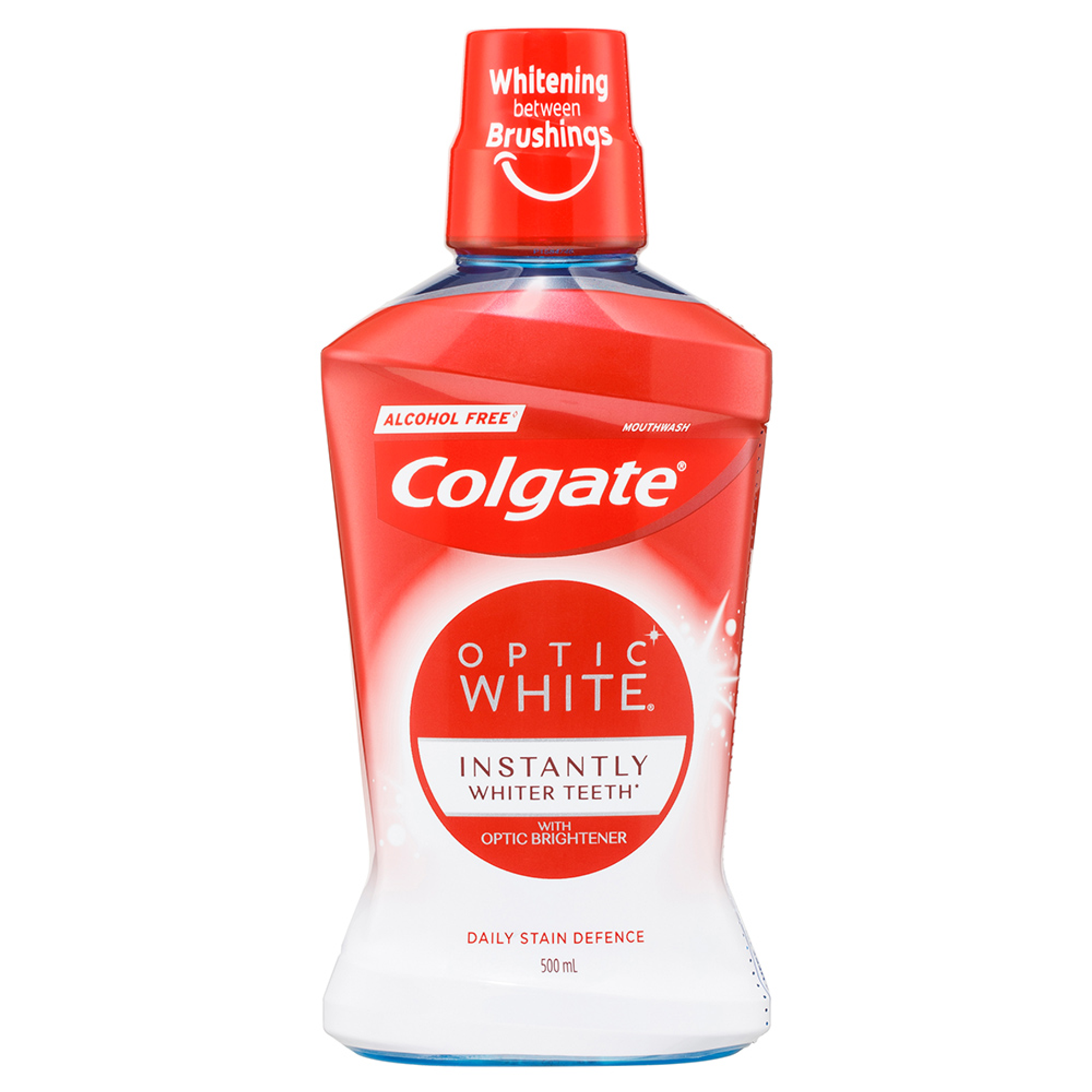-
-

BRUSHING & FLOSSING
How to BrushWhat Is the Right Way to Brush?
Proper brushing takes at least two minutes — that's right, 120 seconds!...

BRUSHING & FLOSSING
How To FlossWhat is the Right Way to Floss?
Proper flossing removes plaque and food particles in places where a toothbrush cannot easily reach... -
Science & Innovation
- Home
- Oral Health
- Laser Teeth Whitening – Is It Right For You?


A whiter, brighter smile can do wonders for your confidence, which is why teeth whitening is one of the most popular cosmetic dental treatments at the moment.
There are a number of ways to achieve a dazzling white smile, from home bleaching kits to high-tech options like laser teeth whitening. Before you choose, though, there are some important considerations to keep in mind.
How Does Laser Teeth Whitening Work?
Laser teeth whitening involves applying a hydrogen peroxide bleaching gel to the teeth and heating it with a laser. Heating the gel enhances the effectiveness of the gel and speeds up the process, usually giving results in less than an hour.
Is Laser Teeth Whitening An Option For Me?
There are many factors to consider, but only your dentist can say for certain. You’ll be invited for a consultation first, where your dentist will ask about your treatment goals and expectations to see if laser teeth whitening can help you to achieve the results you want. You’ll also need a dental exam to make sure the treatment is safe for you.
You should also keep in mind that it’s one of the most expensive options, and you may need more than one round of treatment to achieve the desired result.
Is Laser Teeth Whitening Safe?
It's the Australian Dental Association's (ADA) position that "only dental practitioners who have been educated, trained and attained competence in teeth whitening can assess whether it is safe for individual patients to undergo teeth whitening" and that teeth whitening "should only be performed if the treatment can be justified, and after a comprehensive dental examination has been conducted by a dentist".
As with any dental procedure, there are potential risks and side effects to consider.
The concentration of hydrogen peroxide in the gel can be as high as 35% in some cases, compared to the 3-6% you would find in home-use products.
There is also a risk of heat damage to the tooth pulp and the soft tissues in and around the mouth from the incorrect application of lasers.
To minimise the risks of laser teeth whitening, always use an authorised, trained dental professional. The ADA states that the risks should be clearly explained to you and documented first.
What Are The Alternatives?
If you’re looking for a cheaper, more convenient, or less invasive option for a whiter smile, there are a number of alternatives to laser teeth whitening.
Over-the-counter home whitening products can be bought from pharmacies and supermarkets in various forms, such as gels, strips, pastes or trays. They’re much cheaper than in-office treatments, although they take longer to achieve a result and may not be as effective due to the relatively low hydrogen peroxide content.
Your dentist can administer a stronger bleaching product in-office. While more expensive, it can be more effective than a home kit, and you’ll have the added advantage of professional application, supervision and management of any potential side effects.
Whichever teeth whitening option you’re considering, it’s always best to consult your dentist first for safe and effective results.
Related Articles


LED teeth whitening is a new and impressive way to achieve brighter teeth. It uses LED lights to activate the whitening solution, resulting in whiter teeth in a shorter amount of time.

When you're on holiday, you don't want to slack off on your tooth-whitening or oral healthcare regime.
This article is intended to promote understanding of and knowledge about general oral health topics. It is not intended to be a substitute for professional advice, diagnosis or treatment. Always seek the advice of your dentist or other qualified healthcare provider with any questions you may have regarding a medical condition or treatment.
Related Products

Helping dental professionals
More professionals across the world trust Colgate. Find resources, products, and information to give your patients a healthier future








